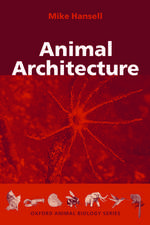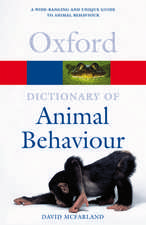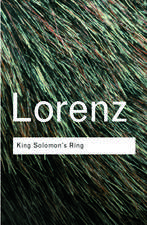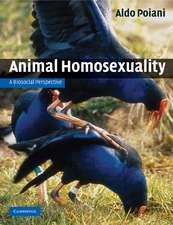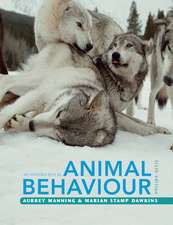Reproductive Skew in Vertebrates: Proximate and Ultimate Causes
Editat de Reinmar Hager, Clara B. Jonesen Limba Engleză Hardback – 19 aug 2009
Preț: 727.17 lei
Preț vechi: 845.54 lei
-14% Nou
Puncte Express: 1091
Preț estimativ în valută:
139.15€ • 145.65$ • 115.81£
139.15€ • 145.65$ • 115.81£
Carte disponibilă
Livrare economică 10-24 martie
Preluare comenzi: 021 569.72.76
Specificații
ISBN-13: 9780521864091
ISBN-10: 0521864097
Pagini: 546
Ilustrații: 13 b/w illus.
Dimensiuni: 180 x 254 x 29 mm
Greutate: 1.18 kg
Editura: Cambridge University Press
Colecția Cambridge University Press
Locul publicării:Cambridge, United Kingdom
ISBN-10: 0521864097
Pagini: 546
Ilustrații: 13 b/w illus.
Dimensiuni: 180 x 254 x 29 mm
Greutate: 1.18 kg
Editura: Cambridge University Press
Colecția Cambridge University Press
Locul publicării:Cambridge, United Kingdom
Cuprins
1. Models of reproductive skew – outside options and the resolution of reproductive conflict Rufus A. Johnstone and Michael A. Cant; 2. Reproductive conflict and the evolution of menopause Michael A.Cant, Rufus A. Johnstone and Andrew F. Russell; 3. Reproductive skew in female-dominated mammalian societies Kay E. Holekamp and Anne L. Engh; 4. The effects of heterogeneous regimes on reproductive skew in eutherian mammals Clara B. Jones; 5.Social skew as a measure of the costs and benefits of group-living in marmots. Thea B. Wang, Peter Nonacs and Daniel T. Blumstein; 6. Explaining variation in reproductive skew among male langurs: effects of future mating prospects and ecological factors Reinmar Hager; 7. The causes and consequences of reproductive skew in male primates Nobuyuki Kutsukake and Charles L. Nunn; 8. Sociality and reproductive skew in horses and zebras Daniel I. Rubenstein and Cassandra M. Nuñez; 9. Reproductive skew in avian societies Walter D. Koenig, Sheng-Feng Shen, Alan H. Krakauer and Joseph Haydock; 10. Reproductive skew in cooperative fish groups: virtue and limitations of alternative modelling approaches Michael Taborsky; 11. Reproductive skew in primitively eusocial wasps: how useful are current models? Jeremy Field and Michael A. Cant; 12. Reproductive skew in female common marmosets: contributions of infanticide and subordinate self-restraint David H. Abbott, Leslie Digby and Wendy Saltzman; 13. Reproductive skew in African mole-rats: behavioural and physiological mechanisms to maintain high skew Chris G. Faulkes and Nigel C. Bennett; 14. The causes of physiological suppression in vertebrate societies: a synthesis Andrew J. Young; 15. Understanding variation in reproductive skew: directions for future empirical research Sarah J. Hodge; 16. On the evolution of reproductive skew: a genetical view W. Edwin Harris and Reinmar Hager; 17. Social conflict resolution, life history, and the reconstruction of skew Bernard J. Crespi.
Descriere
Brings together new theory and empirical work, mostly in vertebrates, to test assumptions and predictions of skew models.




